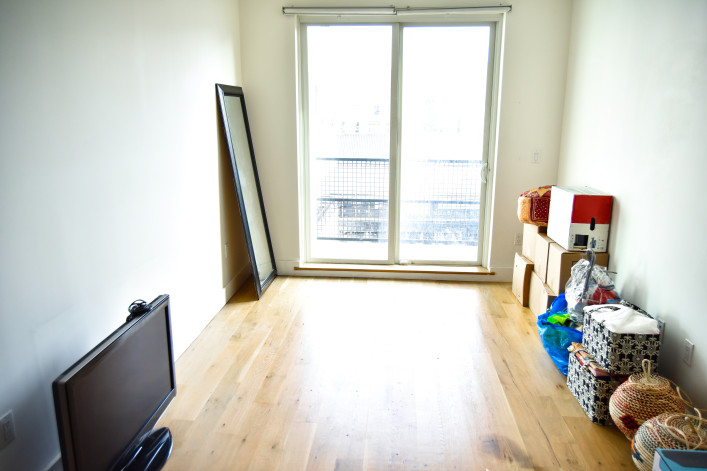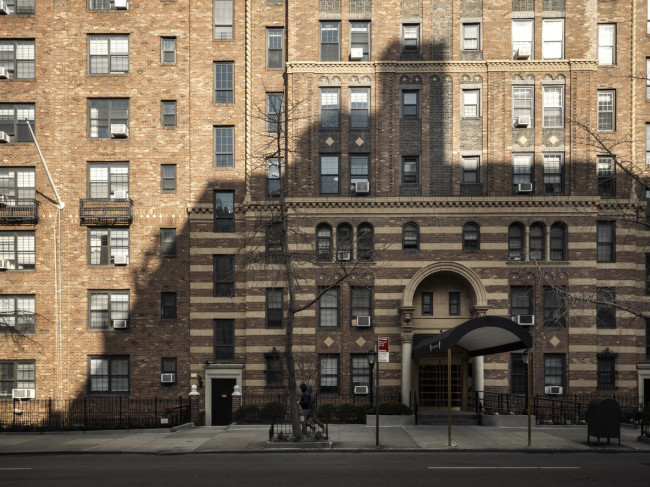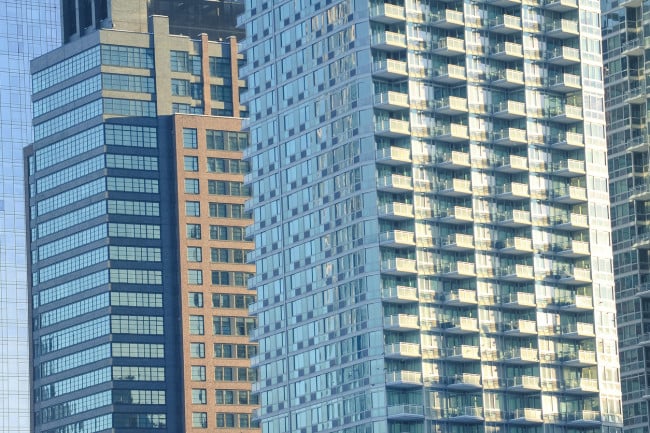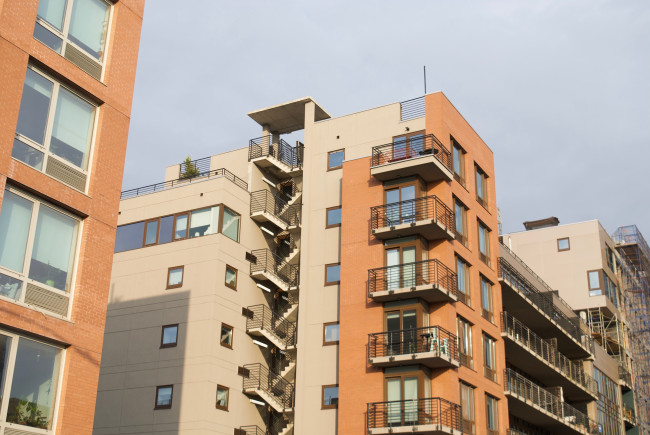The inside scoop on security deposits and how to get yours back

Your security deposit should be returned to you within 14 days after your vacate your apartment.
iStock
Getting your security deposit back at the end of your lease can be stressful for New Yorkers, however changes to the rent laws make it clear you shouldn’t have to wait more than 14 days to get the money owed to you. That doesn’t always mean you’ll be cut a check within that time but there are penalties for landlords who don’t return your funds on time.
Another important change that’s been in place since the 2019 rent reforms is that your landlord can no longer ask you to pay more than a month’s rent as a security deposit when you sign your lease. That’s the case even if you’re a student or international renter without U.S. credit, and applies to all tenants, both market-rate and rent-stabilized.
A landlord is still entitled to keep a part of the security deposit to pay for damage to the apartment but the difference now is that they need to provide a walk-through at the beginning and end of a tenancy, if you request it, as well as itemize any damage and give you a chance to address any problems. They are also under the clock to return the security deposit minus any itemized repair costs within 14 days of you vacating the apartment.
[Editor's note: An earlier version of this article ran in August 2020. It has been updated with new information for January 2021.]
Some landlords have complained that 14 days doesn’t give them enough time to assess and price out damage or close the escrow account where the security is held but it does mean New York City renters are better protected when it comes to getting the security deposit back.
Request an initial walk-through of the apartment
The old advice still stands; documenting the condition of the apartment is always a good idea before you move in.
If you request an inspection of the apartment before you move in, the landlord must give you a walk-through. This allows you to identify the condition of the unit and any existing damage and importantly get it in writing.
When you move out, you can do the same and the landlord needs to promptly give an itemized statement of any charges or—crucially—forfeit the right to keep any part of the deposit.
While many landlords behave honorably when it comes to taking proper deductions and returning your deposit, plenty of New Yorkers claim they have been overcharged for repairs or been forced to pay for repairs that were really just “wear and tear.”
The definition of 'wear and tear'
The pandemic has probably increased the demands on your living space. Although “wear and tear” is not defined in any of the statutes, courts generally regard it as deterioration as a result of a tenant using the property as it is designed and not damage from neglect or misuse.
Reasonable wear and tear should not result in a deduction from your security deposit (and may depend on how long you’ve been a tenant in the apartment) but cracked tiles, damaged countertops or deeply scratched floors will make your deposit vulnerable.
Legally, the burden is on the landlord to prove damages warranting the withholding of a security deposit.
The deposit is not the last month’s rent
Some New Yorkers say they always use their security deposit as last month’s rent so they’re not out of pocket, but if there's damage to the apartment, there’s a risk the landlord might sue you to recover costs.
The purpose of the security deposit is outlined in your lease, which will tell you it is designed to make sure you leave a clean, undamaged apartment with a working set of keys, and no outstanding utility bills, so the landlord can easily rent the unit to someone else. Your landlord will be able to deduct funds from the security for any unpaid rent.
Your deposit should be held in a protected account
In most buildings with more than six units, the landlord is required by law to put the security deposit in escrow, which offers you more protection than if the money was held in a private account.
The landlord must also tell you the name and address of the New York bank where the money is deposited, and give you the account number. You’re also entitled to interest on the deposit, although the landlord is entitled to keep one percent as an administrative fee and with interest rates so low, that fee often eats up all the earnings.
Remove trash and personal items
You can lose some of your deposit if you don’t clear out of the apartment at the end of your lease. If the apartment owner is forced to remove garbage or possessions you've left behind, you'll likely see deductions from your security deposit.
As a general rule, the apartment should be broom-swept and free of trash and belongings.
Return the apartment to its original condition
In some cases, you may have made alterations to the apartment. If you changed the lampshades or painted the walls your favorite shade, you’ll need to put the original ones back and paint over that designer color, unless you have the landlord’s authorization in writing.
If there’s a provision in the lease requiring you to restore the apartment to its original state, that will be your responsibility and if you don’t get it done, the landlord is entitled to make those changes with funds from your security deposit.
If you are breaking the lease, your deposit may see deductions
Another recent rule change is that landlords must work to re-rent an apartment for a tenant who wants to leave before the lease ends.
How vulnerable your security deposit is will depend on your commitment to providing access to the unit, and working with the landlord to find a new tenant so the lease break doesn’t leave your landlord out of pocket. If you are in this situation, your best bet is to be upfront with your landlord, do everything you can to help him or her re-rent the unit and accept that you may still face some kind of penalty.
Make sure you do a final walk-through
A walk-through of the apartment at the end of the lease allows you to work towards correcting any issues. The landlord is required to give you an itemized statement with specific repairs or cleaning requirements that might affect your deposit and give you a chance to make the necessary repairs. Your landlord won’t be able to deduct anything from your security deposit for conditions or damage that was identified and written down during your initial walk-through at the beginning of your lease term.
The timeline for getting your deposit back
Your landlord needs to have damages itemized and your money returned to you (less any repair costs) within 14 days.
If the landlord doesn’t meet this deadline, he or she forfeits any right to keep any portion of the deposit and could be liable for damages up to twice the amount of the deposit, so it is in their interest to act quickly and get your money back to you.
Addressing overcharges for repairs
If you think you’ve been unfairly charged, you’ll need the documentation of the apartment condition to prove it. The walk-through requirements are aimed at reducing these kinds of disputes.
If the amount in contention is no more than $10,000, the Small Claims Court is one option. If it is over $10,000, you can hire a lawyer (smaller amounts may not be worth the legal fees that you'll incur).
A complaint via the NY Attorney General
Another route to getting your deposit back is to file a complaint with the New York Attorney General. The form can be downloaded in English or Spanish and you can attach supporting documents like the lease, your letter giving notice of intent to leave, and any email correspondence.
This option resulted in a prompt resolution for one couple who had otherwise given up on getting their deposit returned.


























